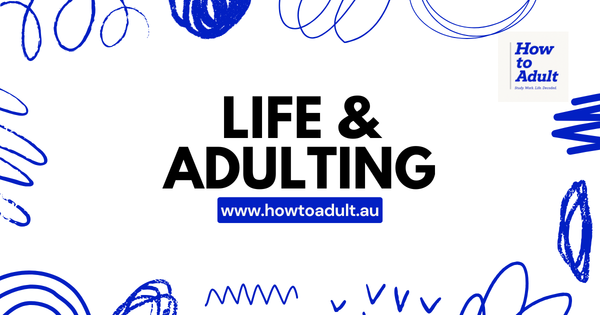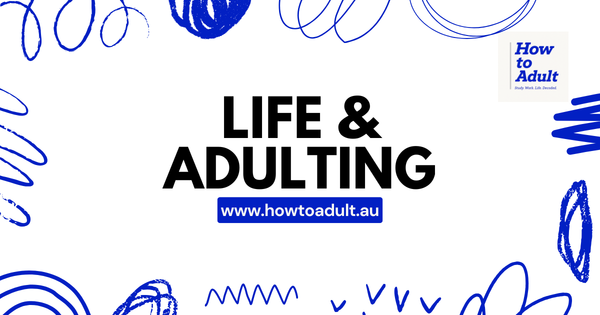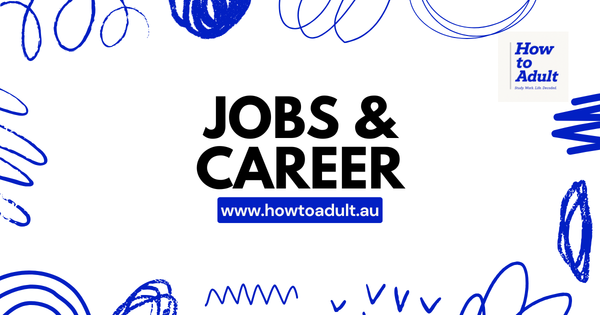I’m Not Where I Thought I’d Be — Now What?
Feeling like you’re falling behind? You’re not alone — and you’re not failing. This post explores the invisible timelines we all feel pressured by, why detours don’t mean defeat, and how to redefine success on your own terms.
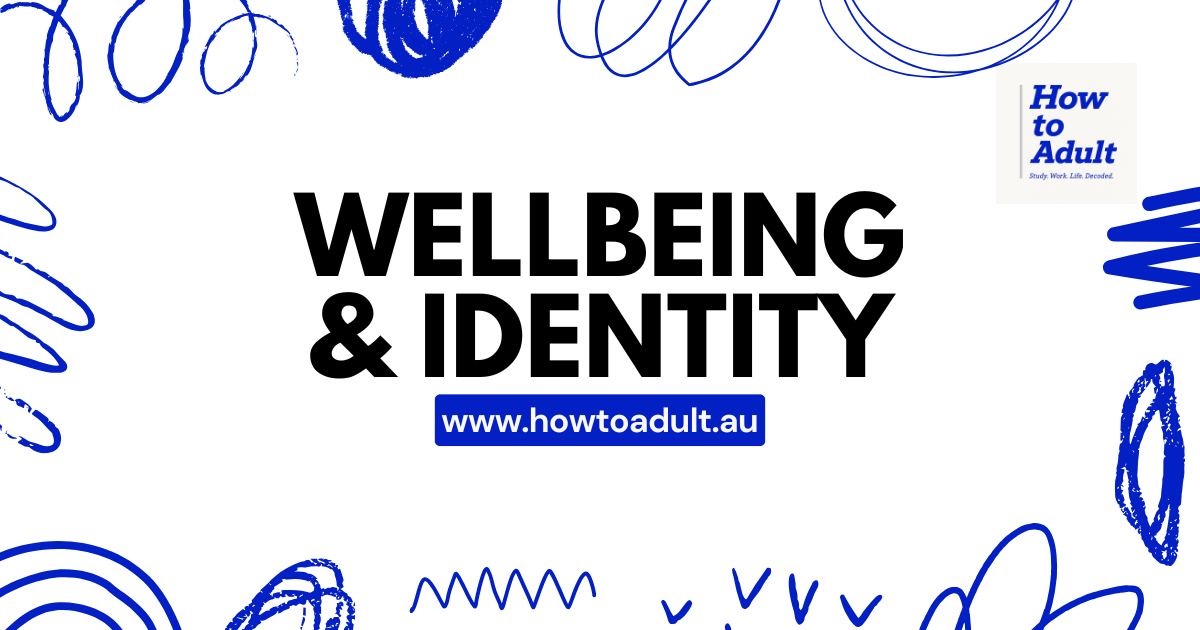
In your late teens and early twenties, there’s often a silent timeline that hovers over everything.
- By 18, finish high school.
- By 21, get a degree.
- By 22, land a job, move out, start your life.
- By 23, get married.
- By 29, have three kids.
It sounds neat. But real life rarely moves in straight lines. Sometimes you look up and realise: “I’m not where I thought I’d be.” And that realisation can feel disappointing — even shameful.
But here’s something no one says enough: it’s also incredibly normal.
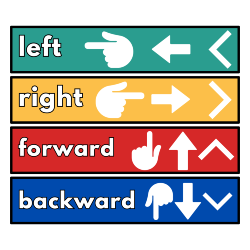
Where Did That Timeline Even Come From?
Ask yourself — where did those expectations come from?
Maybe your school. Maybe your family. Maybe that one classmate who had their five-year plan mapped out in Year 10. Maybe it was social media.
Or maybe it was you, holding onto a version of the future that once made sense — but doesn’t quite fit anymore.
The pressure to “keep up” isn’t always visible, but it’s heavy. Especially when everyone else seems to be moving forward and you feel stuck.
Real Life Isn’t Linear
Elizabeth finished high school set on studying law but didn’t get the ATAR she needed. She spent two years trying different courses, switched majors twice, and finally found her path in social work.
Ajay got into a top university program, then dropped out six months in after a health scare.
It took a year before he felt ready to study again.
These aren’t failures.
They’re reroutes. And reroutes are part of life.
Progress Looks Different for Everyone
Some people hit milestones early. Others take a winding path.
The important thing isn’t when you get there — it’s whether it’s right for you when you do.
Your twenties aren’t about having everything figured out.
They’re about learning how to figure things out.
That includes changing your mind, starting again, or doing things at your own pace.
What Can You Do Now?
If you’re feeling behind, stuck, or lost — here are a few things that can help:
- Audit your expectations – Whose goals are you chasing? Yours, or someone else’s?
- Revisit what matters to you – What kind of life feels meaningful, not just impressive?
- Talk about it – Chances are, your friends feel the same. We just don’t all admit it.
- Focus on tiny wins – Finished a module? Sent that email? Got out of bed and made a plan? That counts.
- Zoom out – Life is long. A detour now doesn’t ruin the whole journey.
A Note from Waner
At the end of high school, I thought I’d follow a clear path: one course, one career, straight through. But the reality? I changed majors more times than I can count. I paused courses that didn’t feel right. I shifted directions. And I started over — again and again.
There were days I felt like I was falling behind — when classmates from my first semester were graduating, when people I finished undergrad with were advancing in their careers, when friends who celebrated their 21st with me were getting married, or when primary school mates were welcoming their second child.
But those moments taught me to tune out the noise and listen inward — to recognise how far I’d come, even if my path looked different.
Over time, I’ve built a skill set that’s given me a strong foundation to thrive in any role — whether as a team player or a leader. I’ve gained academic knowledge that’s opened doors across healthcare, education, community work, and business management. I’ve learned how to balance work, study, and life — and not just reach goals, but exceed them.
And here’s what I’ve come to believe:
There’s no “right” timeline.
There’s only "my" timeline.
Take your time — and own it.
